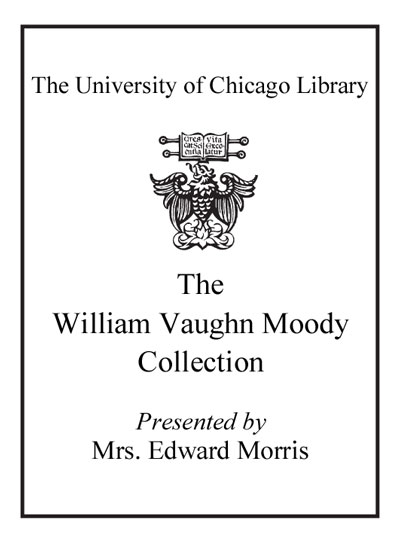Review by Choice Review
This collection of letters between O'Connor and southern novelist Caroline Gordon is revelatory. Edited by Christine Flanagan (Univ. of the Sciences, Philadelphia), who also provides contextual commentary, these previously unpublished letters create a singular picture of the young O'Connor learning from a master teacher 30 years her senior. Gordon, who had already published eight novels by the time she met O'Connor, writes detailed responses to O'Connor's drafts, adding lengthy instructions on tone, point of view, and symbol. Gordon recognized that she was in the presence of genius, but she also provided stern correctives, which O'Connor took to heart (she followed much of Gordon's advice in the structuring of her stories and development of character). Gordon's letters sometimes reveal a certain obsessiveness and frenzy as her marriage to poet Allen Tate disintegrates. Nevertheless, she recognizes O'Connor as a writer with concerns she shares: "If I read your work aright," she writes, "you are viewing the rural South through the eyes of Roman Catholicism. Nobody else has done this." No other book on or by O'Connor reveals so much about her process of creation. Summing Up: Highly recommended. Lower-division undergraduates through faculty; general readers. --Jill P Baumgaertner, emerita, Wheaton College (IL)
Copyright American Library Association, used with permission.
Review by Choice Review

